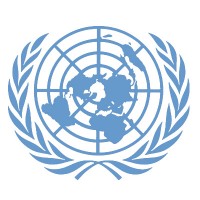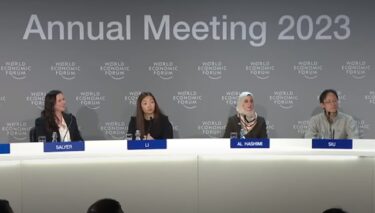Access to the Internet is a basic human right which is coming under threat from “fearful governments”, according to a special report by the United Nations.
“Fearful Governments are increasingly restricting the flow of information on the Internet due to its potential to mobilize people to challenge the status quo.” It continues “Legitimate expression continues to be criminalized in many States, illustrated by the fact that in 2010, more than 100 bloggers were imprisoned.”
Pointing to the ‘Arab Spring ‘ seen across North Africa and the Near East Frank La Rue, the author of the report, says that while individuals are using the Internet to express their opinions governments are fighting back with “increasingly sophisticated technologies” designed to restrict access to the Internet and online content.
“In recent months, we have seen a growing movement of people around the world who are advocating for change – for justice, equality, accountability of the powerful and better respect for human rights.
However, the unique features of the Internet, which allow individuals to spread information instantly, to organize themselves, and to inform the world about situations of injustice and inequality, have also created fear among Governments and the powerful.”
La Rue’s report does not just point to less democratic states; his report says that the Internet should be especially protected, “as a catalyst for individuals to exercise their right to freedom of opinion and expression, the Internet also facilitates the realization of a range of other human rights.”
 The report says that legitimate actions to restrict Internet access must be done in an open fashion, “restricting the right to freedom of expression must be applied by a body which is independent of any political, commercial, or other unwarranted influences in a manner that is neither arbitrary nor discriminatory, and with adequate safeguards against abuse, including the possibility of challenge and remedy against its abusive application.”
The report says that legitimate actions to restrict Internet access must be done in an open fashion, “restricting the right to freedom of expression must be applied by a body which is independent of any political, commercial, or other unwarranted influences in a manner that is neither arbitrary nor discriminatory, and with adequate safeguards against abuse, including the possibility of challenge and remedy against its abusive application.”
What this means for “Three strikes” rules, which some ISPs use to restrict or turn off Internet access for users who are suspected of illegal file sharing; or for the provision of super injunctions is unclear; although it is likely to spark debate for supporters and opponents of net neutrality.
The report does, however, say that laws allowing some limited restrictions of Internet access, for counter-terrorism, distribution of child pornography or privacy reasons, may be justified provided they do not “criminalize expression” or are used to censor content “that the Government and other powerful entities do not like or agree with.”
The Special Report strongly recommends that governments enact laws which enshrine Internet access as a Human Right; an action several European countries, Estonia, France, Finland and Greece have already done.











